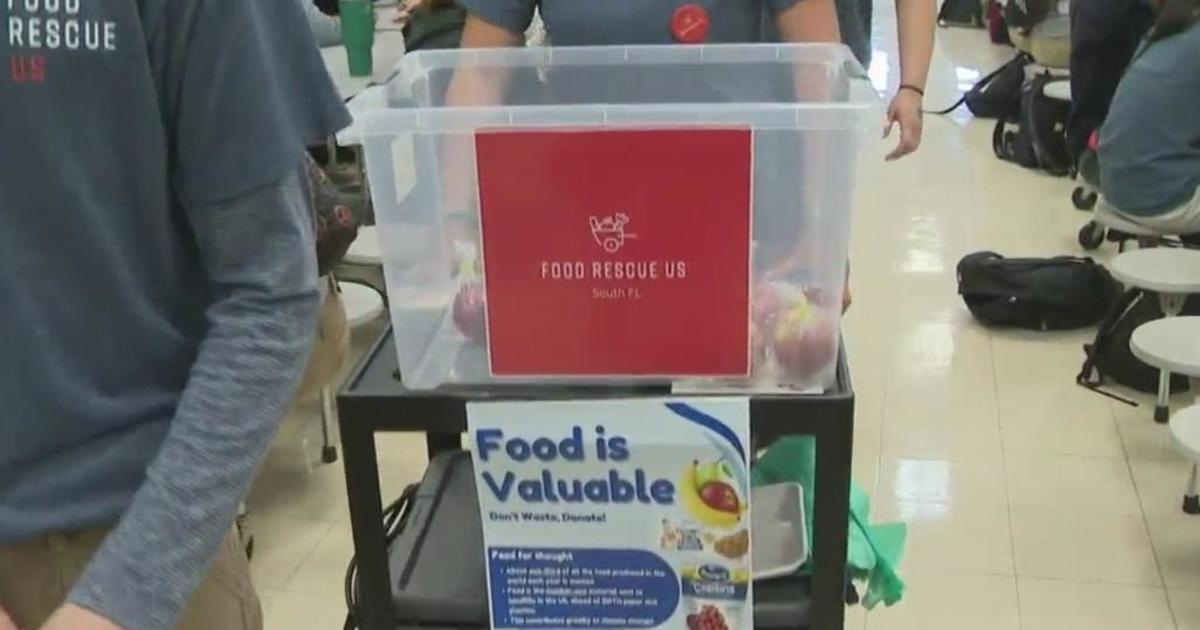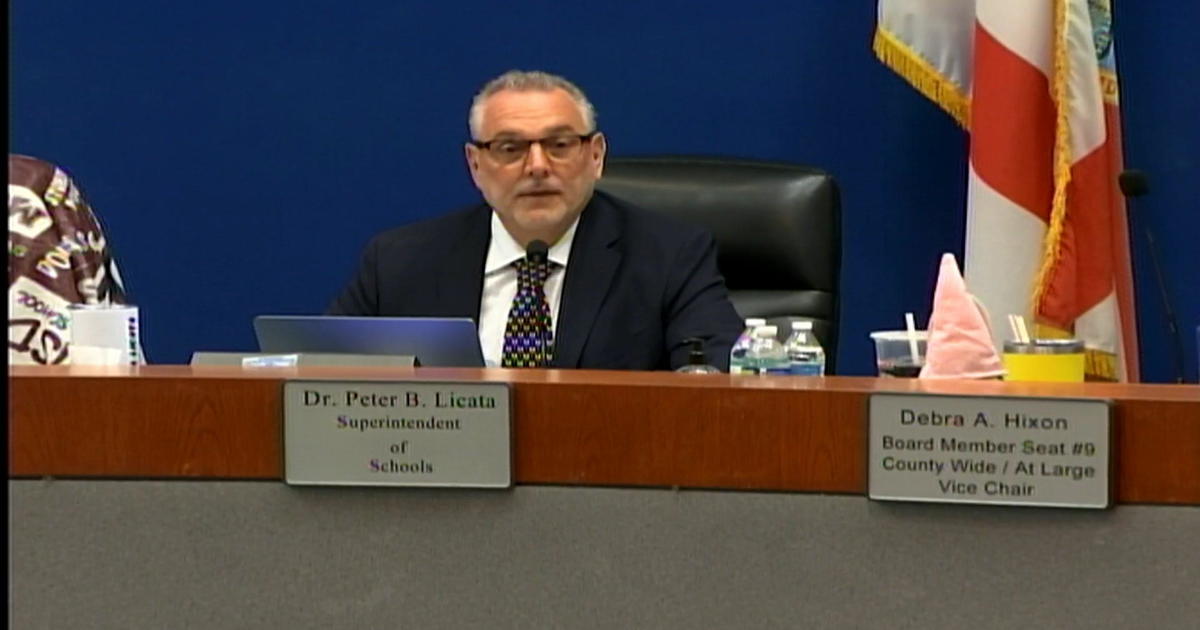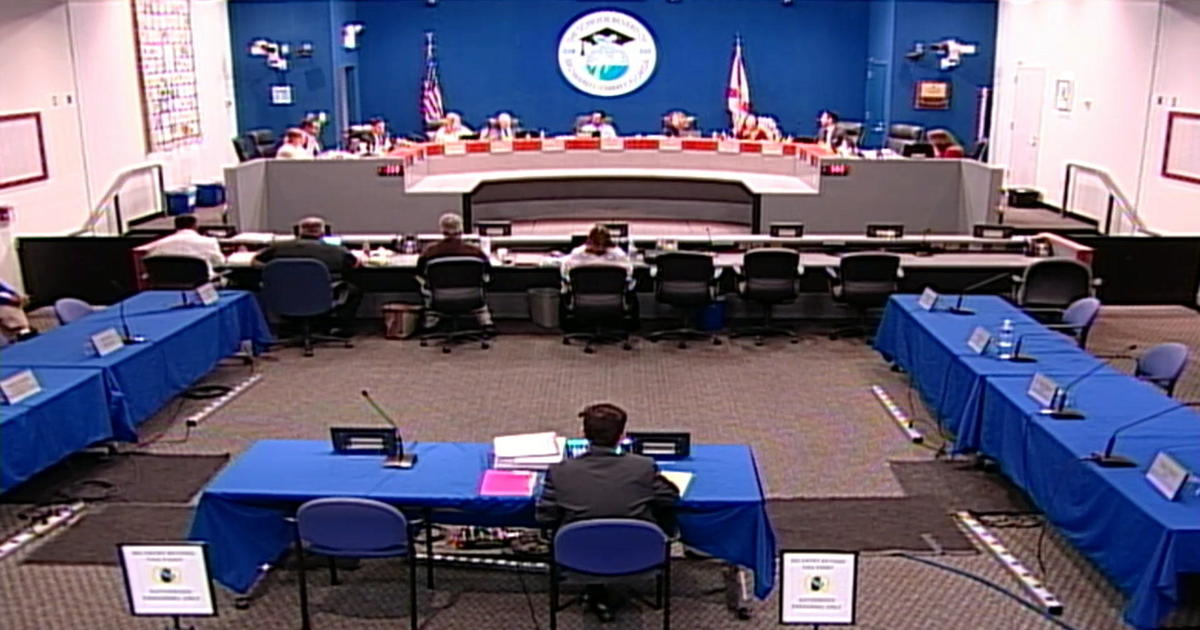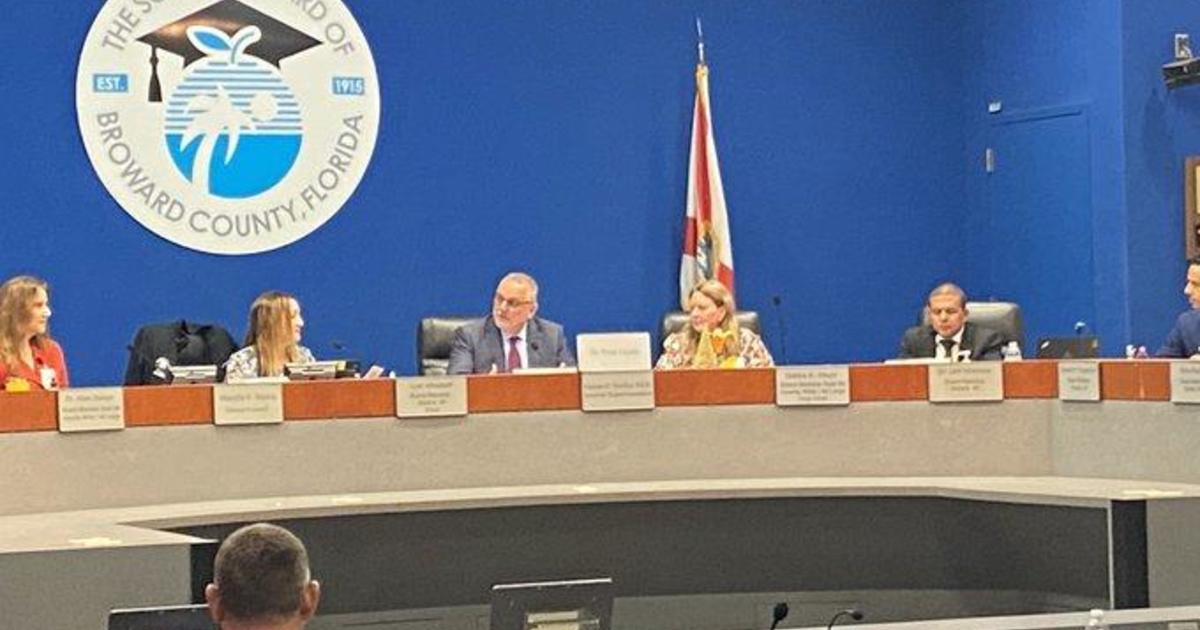Carvalho Plan Could Make All Schools Wireless
MIAMI (CBSMiami.com) – Miami-Dade Superintendent Alberto Carvalho wants his schools to have wireless Internet and announced a plan Wednesday that could secure the funding needed to make his wish a reality.
The plan Carvalho announced will be for the Miami-Dade community to raise $7 million.
If the community can raise the money, the federal government will match the funds on a 10-1 basis meaning the school system would receive $70 million from the feds.
"This match is so small compared to the return on our investment that it would be foolish of us not to participate," Carvalho said. "These federal dollars would be invested, would spur, would stimulate the local economy, put people back to work and simultaneously improve the educational environment in our schools."
The money would then be used to make all 350 schools in Miami-Dade County wireless. As of Wednesday, just 22 schools in the county have wireless Internet; according to CBS4 news partner the Miami Herald.
The Herald reported that it will cost roughly $200,000 to install wireless Internet in each of the 350 schools.
"The goal is to be bold in our transition to a digital era," Carvalho, said according to the Herald during an announcement of the campaign. "This will go a long way to closing the digital divide."
Former Miami Heat star Alonzo Mourning is part of a group of donors who have helped raise $2 million so far.
"We need to prioritize our efforts," Mourning said. "We're building jails faster than we are building schools."
The federal program is called E-Rate and is designed to help low-income schools get access to the Internet. The deadline for the deal is January 31, according to Herald.
The wireless Internet plan will be the first part of a plan the district has to make Miami-Dade students more ready in the digital world.
"Every child should be taught how to maximize the use of digital technology in their educational environment," said former U.S. Attorney Roberto Martinez. "Frankly, it's inexcusable that we're not there already."
The other steps, according to the Herald, include: survey students to determine who has digital devices and then draft a "BYOD" or bring your own device policy so students can bring electronic devices to school.
If you'd like to help the schools meet their goal, click here.
(TM and © Copyright 2011 CBS Radio Inc. and its relevant subsidiaries. CBS RADIO and EYE Logo TM and Copyright 2010 CBS Broadcasting Inc. Used under license. All Rights Reserved. This material may not be published, broadcast, rewritten, or redistributed. The Miami Herald contributed to this report.)



